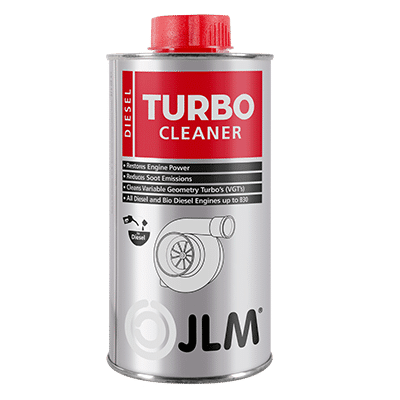What Are Oil Additives?
Oil additives are chemical compounds designed to enhance the performance of engine oil. They work by improving the properties of the oil, such as its lubrication, cleaning ability, and resistance to oxidation. Engine oils already contain some additives, but aftermarket oil additives can be added to your oil to address specific issues or further enhance your engine’s performance.
The Benefits of Using Oil Additives
1. Improved Engine Lubrication
One of the primary functions of engine oil is to lubricate the moving parts of the engine, reducing friction and wear. Oil additives can enhance this lubrication, especially in high-performance engines or older vehicles with worn-out components. This can lead to smoother engine operation and a reduction in engine noise.
2. Reduced Engine Wear
Over time, engine components such as pistons, bearings, and camshafts can experience wear due to friction. Some oil additives contain anti-wear agents like zinc dialkyldithiophosphate (ZDDP), which form a protective layer on metal surfaces, reducing the wear and extending the life of your engine.
3. Enhanced Engine Cleaning
As your engine runs, it can accumulate deposits from combustion by-products, leading to sludge and varnish buildup. These deposits can clog oil passages and reduce engine efficiency. Detergent and dispersant additives help keep the engine clean by breaking down these deposits and suspending them in the oil, preventing them from settling and causing damage.
4. Improved Fuel Efficiency
Friction between engine components can reduce fuel efficiency. By enhancing lubrication and reducing friction, oil additives can help improve your car’s fuel economy. This is particularly beneficial in older vehicles or high-mileage cars, where wear and tear have started to affect engine performance.
5. Corrosion and Rust Protection
Engines are exposed to moisture, especially in colder climates, which can lead to corrosion and rust. Oil additives containing corrosion inhibitors help protect engine parts by neutralizing acids and forming a protective layer on metal surfaces, preventing rust and corrosion from taking hold.
6. Reduced Oil Consumption and Leaks
Some engines, especially older ones, may consume more oil due to worn seals and gaskets. Oil additives can help swell these seals, reducing oil leaks and consumption. This can be particularly useful in high-mileage vehicles where seal wear is more common.
How Often Should You Use Oil Additives?
The frequency with which you should use oil additives depends on several factors, including your vehicle’s age, condition, and driving habits. Here are some general guidelines:
– Regular Maintenance: For most vehicles, adding oil additives every oil change is sufficient. This ensures that your engine consistently benefits from the enhanced properties of the oil.
– Older Vehicles: If you have an older car or a high-mileage vehicle, using oil additives more frequently, such as every other oil change, can provide extra protection against wear and leaks.
– High-Performance Engines: For cars with high-performance engines, such as sports cars or vehicles used in demanding conditions (e.g., towing, off-roading), using oil additives with each oil change can help maintain optimal engine performance and prevent premature wear.
Which Cars Benefit Most from Oil Additives?
While most vehicles can benefit from oil additives, certain types of cars may see more significant advantages:
1. Older Vehicles: As cars age, their engines can develop wear and tear that makes them more prone to issues like leaks, sludge buildup, and reduced fuel efficiency. Oil additives can help mitigate these problems and extend the life of an older engine.
2. High-Mileage Cars: Vehicles with over 100,000 kilometers on the odometer are often more susceptible to engine wear and tear. Oil additives designed for high-mileage vehicles can help maintain engine performance and prevent leaks.

3. High-Performance Cars: Sports cars and other high-performance vehicles often have engines that operate under more extreme conditions. Oil additives can help these engines maintain their performance by providing enhanced lubrication and protection against wear.
4. Vehicles in Harsh Conditions: If you frequently drive in extreme temperatures, dusty environments, or engage in heavy towing, your engine is likely subjected to more stress. Oil additives can offer additional protection against the harsh conditions, helping your engine stay clean and efficient.
Conclusion
Oil additives are a simple and effective way to enhance your engine’s performance, extend its life, and keep your car running smoothly. By reducing friction, preventing wear, and protecting against deposits and corrosion, these additives offer a range of benefits that can be particularly valuable for older, high-mileage, and high-performance vehicles.
For most cars, adding an oil additive with each oil change is sufficient, but high-mileage or older vehicles may benefit from more frequent use. When used correctly, oil additives can be a valuable part of your car’s maintenance routine, helping you get the most out of your vehicle for years to come.
Check our catalogue and find out which oil additive is best for your car!

